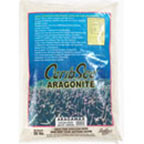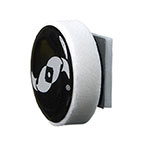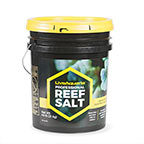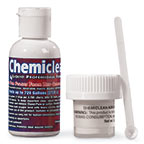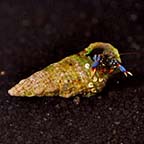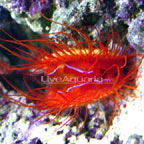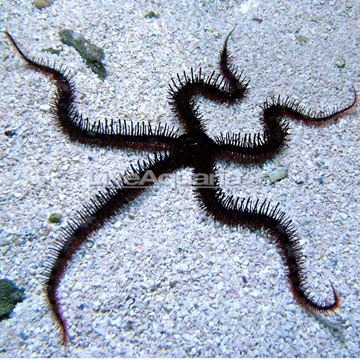
Additional locales and sizes may be available!
Additional locales and sizes may be available! Email me when availableQuick Stats
What do these Quick Stats mean? Click here for more information
What do these Quick Stats mean? Click here for more information
Overview
It is nocturnal and often hides under rocks during the day. At night, it comes out to eat detritus, left-over food and small organisms. It cannot tolerate copper-based medications.
The Red Brittle Sea Star is very intolerant of sudden changes in oxygen levels, salinity and pH of the water, and cannot tolerate copper-based medications. The drip acclimation method is highly recommended for all Sea Stars due to their intolerability to changes in water chemistry. It should never be exposed to air while handling.
In the aquarium, provide a varied diet of frozen mysis and brine shrimp, and very finely chopped shrimp and mussels.
Approximate Purchase Size: 3" to 6"



